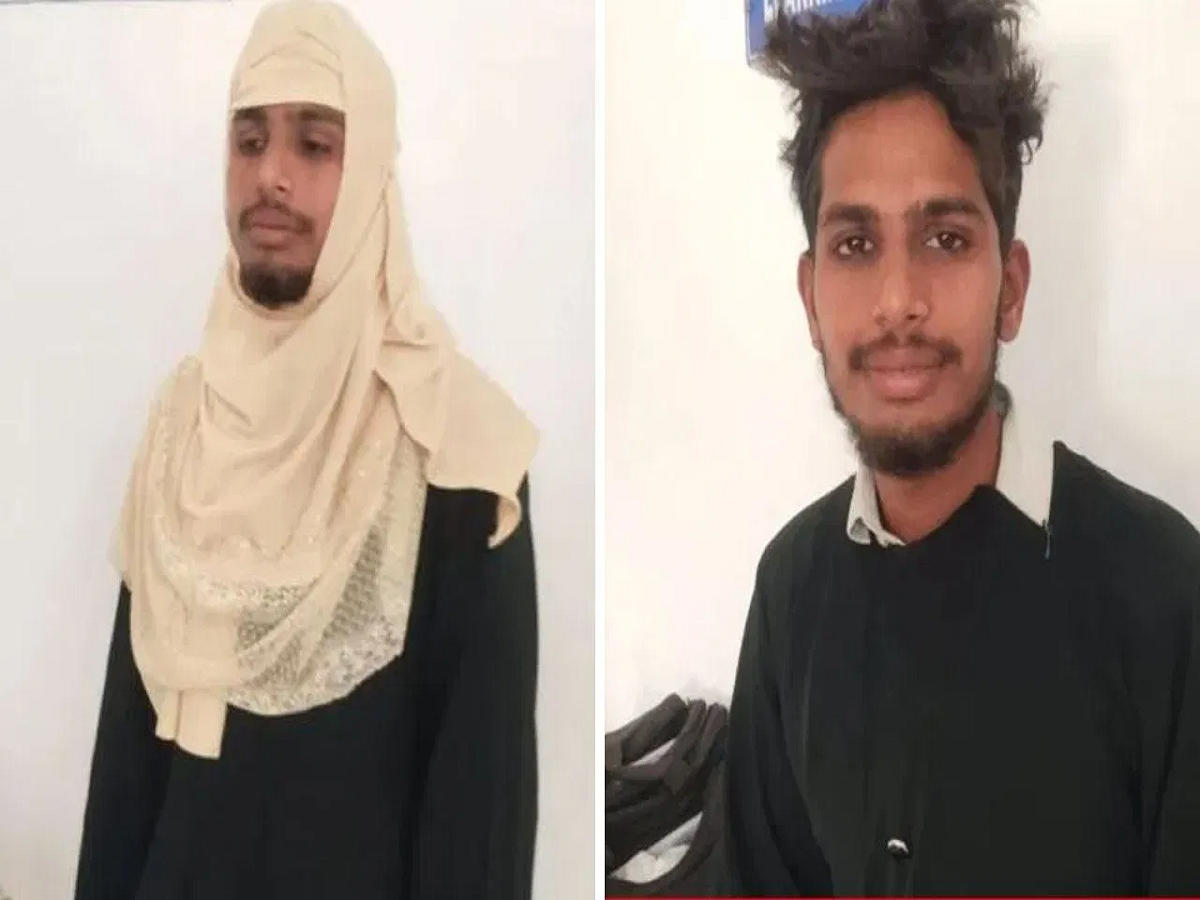India Exposes Pakistan on Global Stage Over Indus Water Treaty, Cites Terrorism Hindrance
- byPranay Jain
- 01 Jun, 2025

India has once again taken a firm stance against Pakistan at an international platform, highlighting Islamabad’s role in undermining the Indus Water Treaty through persistent cross-border terrorism. Speaking at the first UN Glacier Conference in Dushanbe, Tajikistan, Union Minister of State for Environment Kirti Vardhan Singh condemned Pakistan’s attempts to misuse the forum to deflect attention and blame India unfairly.
Pakistan Misusing the Platform: India’s Strong Rebuttal
Addressing the plenary session, Minister Kirti Vardhan Singh expressed shock over Pakistan’s effort to bring up unrelated issues in the forum, which was focused on glacier conservation and water security. He strongly denounced Pakistan’s tactics, calling them inappropriate and damaging to the spirit of cooperation expected in such international gatherings.
Singh emphasized that the treaty, signed in 1960 with the World Bank as a guarantor, was created in a spirit of goodwill and friendship. However, the continued acts of terrorism emanating from Pakistan's soil have severely disrupted this cooperation, making the implementation of the treaty difficult.
Changing Realities Demand Treaty Reevaluation
The Union Minister pointed out that since the treaty’s inception, significant changes have occurred—technological advancements, population growth, climate change, and most importantly, the threat of cross-border terrorism—all of which call for a reassessment of the treaty’s terms.
He remarked, “It is an undeniable fact that the current circumstances have fundamentally altered, and Pakistan itself is violating the treaty. Therefore, it should stop blaming India for alleged violations.”
Pakistan’s PM Shahbaz Sharif Responds, But India Stands Firm
At the same conference, Pakistan Prime Minister Shahbaz Sharif asserted that his country would not allow India to cross any “red line” by halting the treaty, warning that such actions endanger millions of lives for political gain. According to reports from Pakistani newspaper Dawn, Sharif condemned India’s recent moves as a “unilateral and illegal” cancellation of the treaty.
Following the terrorist attack in Pahalgam, Jammu and Kashmir, on April 22, India imposed several sanctions on Pakistan, including announcing the suspension of the Indus Water Treaty. This move was a direct response to Pakistan-based terrorism impacting India’s security and regional peace.
The Importance of the Indus Water Treaty
The Indus Water Treaty is a landmark agreement between India and Pakistan, governing the allocation of water from the Indus River Basin—a lifeline for millions in both countries. Signed under the aegis of the World Bank, the treaty has historically withstood tensions and conflicts, serving as one of the rare points of cooperation.
Global Conference Highlights Water and Glacier Issues
The three-day United Nations conference on glaciers, which concluded recently, focused on the crucial role glaciers play in sustaining the world’s ecological balance and addressing water scarcity challenges. The event saw participation from over 80 UN member countries and more than 2,500 representatives from 70 international organizations.
India’s intervention at this conference brought attention not only to climate and environmental issues but also to how geopolitical tensions and terrorism can hamper international agreements critical for regional water security.



